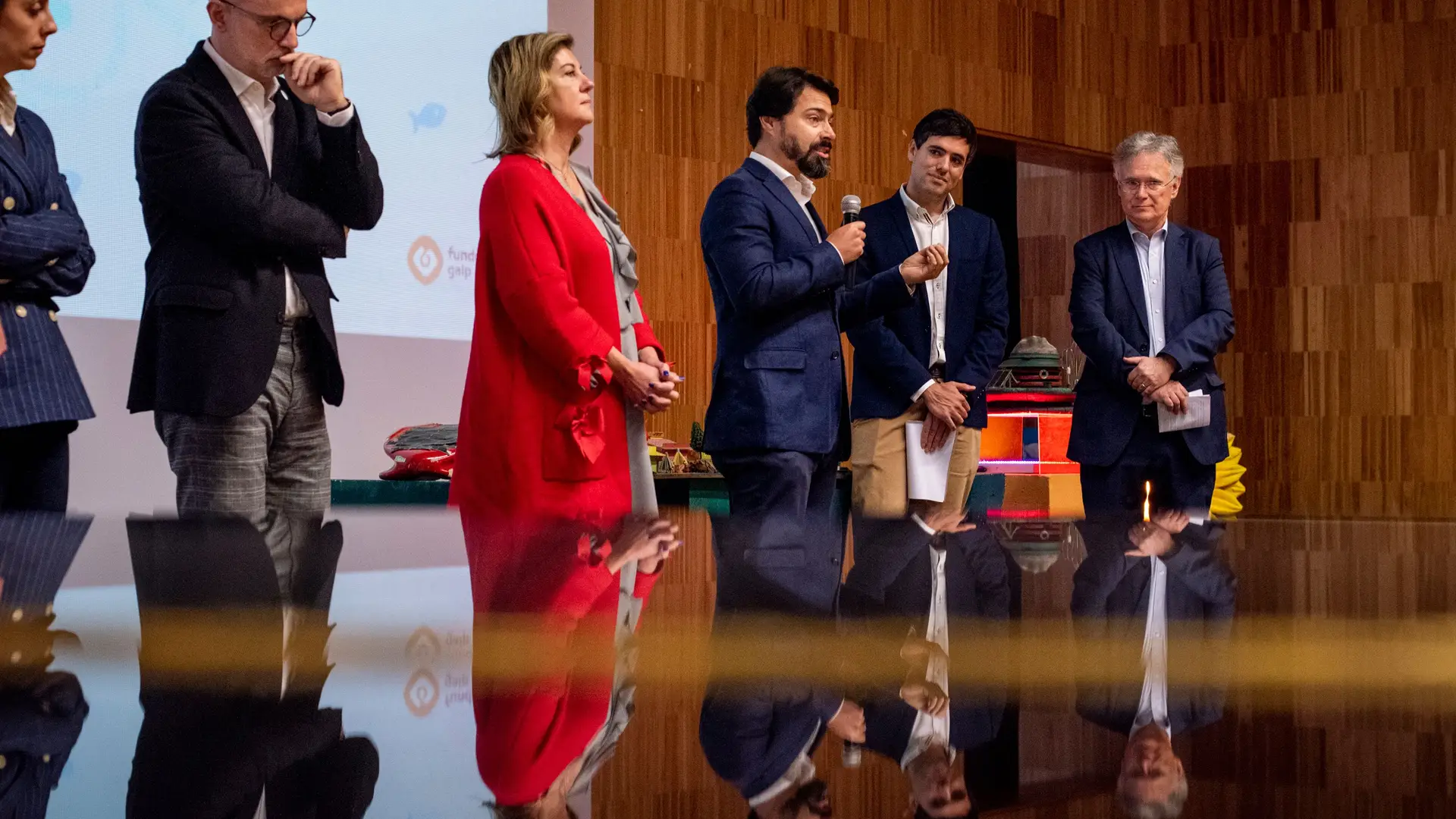Moreover, underlines Helena Gil, from the Directorate-General for Education, the practical work carried out at schools enables students “to interconnect the different disciplines and understand what is useful and why” the knowledge transmitted in mathematics and physics-chemistry classes is useful, for example. The senior technician adds that “if there is no involvement, students won´t learn” and argues that “it is much easier to transmit knowledge” through project methodology. “And whoever is talking about energy, is talking about the circular economy or any other topic”, she reinforces.
In the opinion of the Portuguese Environment Agency (APA), projects such as INOV D and initiatives such as Energy Up, promoted by the Galp Foundation, enable us to “meet the goals of environmental education”. Francisco Teixeira, from the APA, guarantees that this entity will continue to provide support and that this is proof that “nothing is done on a random basis”. ADENE - Energy Agency holds a similar viewpoint, said Marisa Alves, who was surprised by the quality of the project developed at this school in Amadora. “Creative and innovative ideas are what we need for the future,” she recalled.
“The knowledge on display here goes through a theoretical phase, followed by a practical phase, which, in my opinion, is the most important”, highlighted António Felizardo from the Directorate-General for Energy and Geology.
ENERGY UP IS BACK
Partnerships between the Galp Foundation, Galp Solar and different institutions associated with energy and education have been fundamental throughout the two editions of Energy Up. The successful format, which has already awarded two schools 40,000 euros worth of solar panels, is back for a third edition and applications are open until April 28. “Apply. Application is a simple process conducted on the Galp Foundation website, and whoever wins will take home 20,000 euros in photovoltaic panels installed by Galp with benefits for 20, 25 years”, declares Diogo Sousa.
The Foundation's executive director also points out that this is just one of many initiatives the institution has promoted over the last 12 years. “More than two million students have already reaped the rewards and we have worked with over 20,000 schools”, he explains.
The competition designed to acknowledge the most outstanding school projects in the areas of the promotion of efficient energy consumption and sustainable mobility will once again reward the most creative ideas across the country. The winners of the third edition of Energy Up will be announced on May 30.






